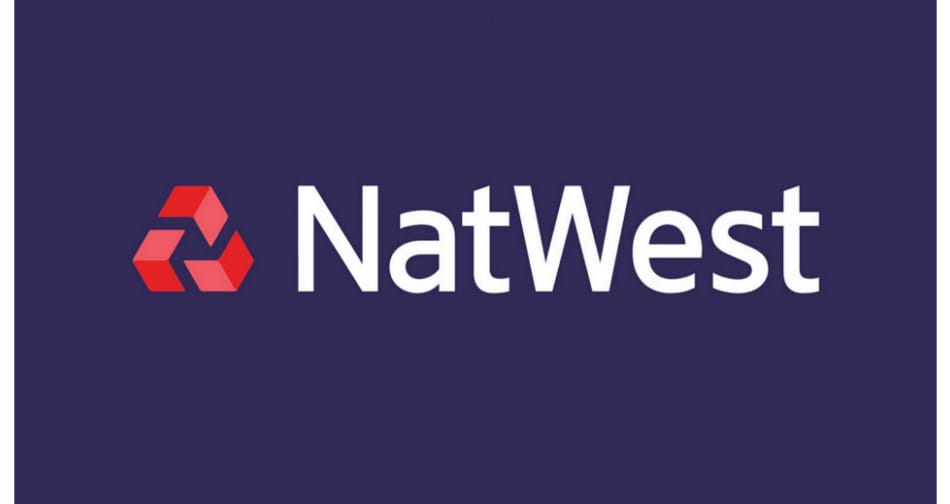
What You Need To Know When Applying For A Loan From Fintech Lending Institutions
FinTech is the application of digitization by institutions to solve the needs of their customers in the financial space.
Without a doubt, the greatest invention in banking history is online lending. You can get a loan from fintech lenders with a few taps on your mobile phone, laptop, or tablet. To make the most informed decision, you should compare Loans in Finland to ensure you find the best option for your needs.
Wait! Nothing can be as easy as it sounds if you don’t have your paperwork organized.
What do you need to apply for a loan from a fintech lending institution?
Nowadays, borrowers who are searching for monthly installment loans have many options available like bank loans or peer to peer loans. But these loans required many days for processing and not a good choice if you are looking for a same day decision. No Checking Account Loans option is different for it provides quick processing and fast funding at lower interest rate. Find out by reading on.
Have Your Documentation in Order
To get your online loan approved by your fintech, you must have the requisite documents. Perhaps you’re wondering why the lender needs the paperwork?
The required documents in an online application are part of the KYC (Know Your Customer) process. Be prepared and read the process of home loans at sites like https://cishomeloans.com/blog/va-home-loan-process/ before applying. Lenders use them to verify who you are, your location, and what you do for a living. They also want to know your income history, which is essential in determining your ability to pay.
Here are some of the vital documents your lender will need from you.
1. Proof of Identity Documents
Fintech lenders use proof of identity documents to verify whether you’re a U.S. citizen or permanent resident.
In the U.S., you must be 18 years and above to qualify to sign a legal contract. Up until your 18th birthday, you are a minor and, therefore, can’t enter into a binding contract with a lender.
If you’re employed, the bank will need the following documentation to verify your identity:
- Drivers license
- State-issued identity card
- Military ID
- Passport
- Social security card
- Birth certificate
- Voters card
For companies, the documents may be lengthy because you must provide the registration details such as the memorandum of understanding, articles of association, and directors’ identification documents.
You can have these documents in soft copy so that you can easily upload them every time you apply for a personal loan.
2. Proof of Income Documents
After submitting the proof of identity documents, your fintech lender will need to verify your income status.
For this, you’ll need to submit the following documents:
- Employers contact information.
- Your online pay stub, which is attached to your paycheck and includes information about your earnings, taxes, and deductions.
- A W-2 report, which is an IRS tax form that reports your annual wages and taxes paid.
- A 1099 form, which is a collection of tax forms that details various amounts received other than employment income.
- Tax returns are reports filed with the IRS or respective state collection agencies.
- Bank records. Most lenders will demand six months’ statements to verify a consistent income.
You can download your tax returns in your payroll database or ask your human resources for assistance if you get stuck.
You must submit your 1099 form alongside income tax returns if you’re self-employed.
Before submitting bank statements, ensure they have been certified by your financial institutions.
3. Proof Address Documents
Your fintech lender will ask for proof of address documents to verify your location and determine whether you have a stable lifestyle.
You’ll need the following documents:
- Utility bill
- Mortgage statements
- Proof of homeowners insurance
- Proof of lease insurance
- Proof of rental insurance
- Property tax receipts
- Lease or rental agreement
- Voters registration card
- Bank or credit card statements
You can get confirmation of a change of address by contacting the U.S. postal service or by going to your local post office in person.
4. Income Records
If you have a business, you’ll need to provide financial records, such as accounts receivables and payables, as well as revenue statements.
If you have rental income, provide real estate statements, including a record of your tenants and copies of property titles.
Besides that, you’ll need to provide a monthly expenditure statement so the lender can estimate your cost commitment. It also helps in determining your ability to pay your monthly installment.
Know Your Credit Score
After initiating the loan application process, your fintech lender will run a credit report to assess your credit score and evaluate your credit history. For any problems with your credit report, a credit report attorney can handle it for you.
You might not be eligible for any loan product if you have no credit history because lenders analyze your past borrowing history to determine your creditworthiness.
The FIFO or Vantage score is used by the majority of lenders in the United States. Although there’s little difference between the two, lenders will accept your application if your credit score is good. If the score is bad, they may postpone or decline.
The table below illustrates the various elements considered while calculating credit scores.
| Factor | Proportion(%) |
| Credit history | 35 |
| Total Owed | 30 |
| Duration of credit history | 15 |
| Types of credit | 10 |
| New loans | 10 |
From the table, the credit history constitutes a significant aspect of your credit score. Therefore, it’s what your lender will mostly be interested in while approving your loan application.
Credit reports are issued by the leading credit reporting agencies Equifax, Experian, and TransUnion.
Under federal law, you’re entitled to a free credit report from each of the three credit reporting agencies annually. Visit Annual Credit Report to get a free report mailed to you or sent to your postal office address.
Depending on the reporting agency, the scores may range from 300 to 900; however, there’s no difference in the categorization.
Here’s a quick rundown of what to expect from your Experian credit report.
| Category | Credit Score |
| Very Poor | 300-579 |
| Fair | 580-669 |
| Good | 670-739 |
| Very Good | 740-799 |
| Excellent | 800-850 |
If your credit score is too poor, you can put your loan application on hold while you work to raise it.
Here’s how you can raise your credit score.
- Consolidate multiple debts and remain with one with an easy-to-manage installment
- Avoid having many open accounts, as these may attract fees or charges
- Pay your utility bills on time
- Have only one credit card
- Follow the 30% credit rule that enables you to have a low credit card balance.
Can you get an online loan with bad credit? Certainly, your Fintech lender will most likely reject your application if you have bad credit. In addition, 1st UK Mortgages is helping people who have a bad credit score; they will assist you throughout the process of your loan.
But there are some instances where they may proceed with the application if you fulfill certain conditions:
- Have a co-signer or guarantor with a good credit record. However, it’s important to keep in mind that if you default on your current loan, your guarantor’s credit score will be adversely impacted.
- Provide security or collateral such as a property or motor vehicle title to support your application.
Nonetheless, the lender may offer a higher interest rate and lower repayment period even after fulfilling the above conditions.
State Your Loan Purpose
Fintech lenders may not be concerned with how you intend to use the money advanced, mainly if it’s a payday or emergency loan.
However, they may require this information to develop products personalized to their client’s demands.
Also, products such as vehicle or mortgage loans require the purposes to be clearly described for the bank to compute the Loan-to-Value(LTV) ratio, which is an assessment of the owner’s contribution to the facility
Conclusion
The discussion shows that the loan appraisal process can be lengthy and complicated if you lack essential documentation. Before you apply for loans online from fintech lending institutions, ensure you have the paperwork ready, and most importantly, follow the tips above for a hassle-free process.
Image by StartupStockPhotos from Pixabay





